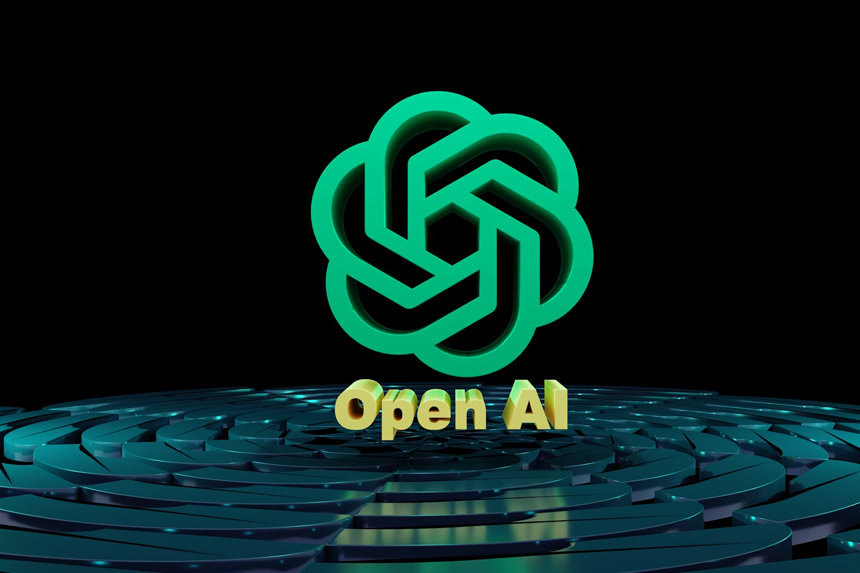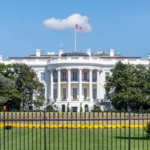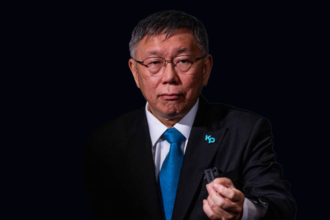The biggest and most powerful news outlets in India are attempting to join a lawsuit against OpenAI, the US-based business that created ChatGPT, for allegedly stealing their content. The Indian Express, The Hindu, The India Today Group, NDTV, and other prominent media outlets have joined the legal struggle, which started with a lawsuit brought by Asian News International (ANI) in November. This OpenAI lawsuit has grown into a major legal dispute involving copyright and AI.
What Charges Are Made Against OpenAI?
The biggest news organization in India, ANI, claims that OpenAI is unlawfully training ChatGPT using its copyrighted material. According to the news agency, OpenAI’s chatbot occasionally produces comments that contain exact quotes from ANI’s reporting. According to ANI, this illegal use has enhanced ChatGPT’s functionality, which has greatly benefited OpenAI’s business. In addition to seeking damages of 20 million rupees ($230,000), the agency is asking the court to stop OpenAI from storing and exploiting its content without authorization.
ANI claims that it offered OpenAI a licensing arrangement and warned the company that its content was being utilized illegally before bringing the OpenAI complaint. In order to stop more data collecting, OpenAI put ANI on an internal blocklist after declining the offer. However, according to ANI, ChatGPT unfairly enhances OpenAI’s AI model by continuing to access its content via its subscribers’ websites.
What Reaction Has OpenAI Given?
In compliance with legal requirements, OpenAI asserts that it exclusively uses publicly available data and refutes these accusations. Because its servers and operations are not located in India, the corporation has also objected to the case being heard there. In addition, OpenAI has defended themselves by asserting that ChatGPT does not directly compete with news providers and cannot take the place of news subscriptions.
Why Does This Case Matter for the Regulation of AI?
The OpenAI lawsuit, according to legal experts, may establish a significant precedent for the way AI models engage with journalistic information that is protected by copyright. If ANI prevails, AI businesses may be subject to more stringent rules and may even be required to sign licensing contracts with publishers. According to Anand and Anand AI legal expert Vibhav Mithal, “a decision by any court would hold some persuasive value for similar cases worldwide.”
The case is noteworthy since ChatGPT has the most users in India, and the nation’s vast news sector, which includes 17,000 newspapers and 450 news channels, offers a wealth of data that might be utilized to train AI models.
Has Anyone Else Become a Part of the Legal Battle?
Eighty percent of Indian publishers, including Oxford University Press and Penguin Random House, are represented by the Federation of Indian Publishers, which submitted an application to the Delhi High Court in December to offer its reasons. Three additional media groups including the Digital News Publishers Association (DNPA), which represents prominent Indian news outlets, made a similar request a month later.
These organizations contend that while OpenAI has signed licensing deals with foreign news outlets like the Financial Times and the Associated Press, it has not done the same for Indian media outlets. The future of India’s news sector and the livelihoods of journalists are also impacted by this OpenAI litigation, as the DNPA has underlined.
OpenAI, however, has resisted these motions, arguing that since the other parties have not brought their own lawsuits, the court should only consider ANI’s claims. Whether the extra parties will be permitted to take part in the lawsuit has not yet been decided by the judge.
What Are AI's Wider Consequences in India?
Discussions concerning the wider ramifications of AI regulation in India have been spurred by this case. Regulating AI has been a challenge for governments around the world. Due to privacy concerns, ChatGPT was briefly banned in Italy in 2023. Since then, the European Union has developed an AI regulatory framework.
India has also stated that it plans to regulate AI. The government released a warning before of the 2024 elections, stating that AI technologies that were still “under testing” or considered “unreliable” had to get approval before going live. Additionally, authorities have cautioned AI developers against producing answers that would violate Indian law or jeopardize the fairness of the election process.
An authority on safe AI use, Dr. Sivaramakrishnan R. Guruvayur, thinks this case will compel the court to examine AI training data sources more thoroughly. “The ANI-OpenAI case will lead to a legal evaluation of the data sources used by chatbots,” he said.
What Happens Next?
As the case progresses, the decision may have significant ramifications for copyright laws, digital journalism, and AI models. AI companies may be forced to sign licensing contracts with content producers if ANI is successful. On the other hand, AI models may have more latitude in utilizing publicly accessible data to train their systems if OpenAI wins.
The Delhi High Court has not yet rendered a decision in the case, but its ruling may have an impact on how AI-generated content is viewed in the future and how it interacts with Indian and international news outlets.








